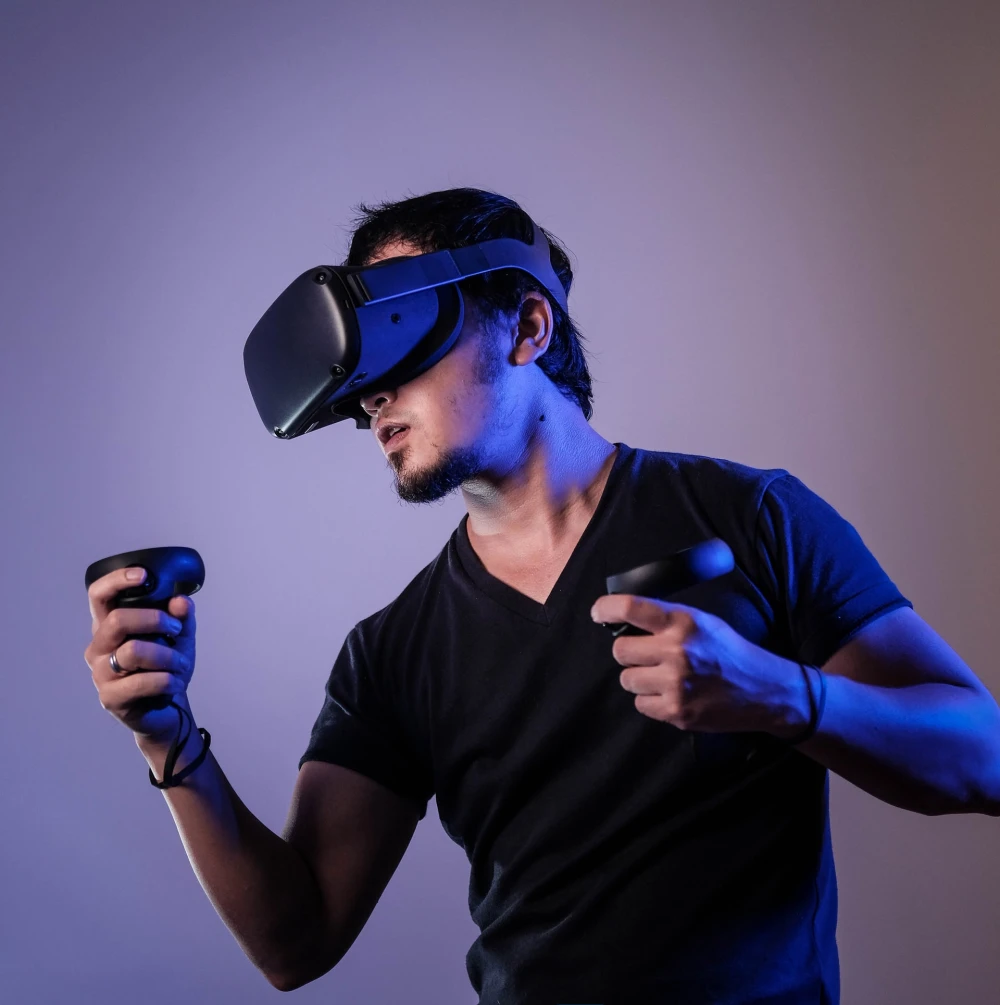The Power of Embracing Nothingness: A Journey Through Zero

The Future of Technology in Healthcare
Technology has always played a pivotal role in shaping advancements across various industries, and healthcare is no exception. In recent years, the integration of cutting-edge technologies into medical practices has revolutionized patient care, improved diagnostic accuracy, and enhanced operational efficiency. As we look to the future, it’s clear that technology will continue to play an increasingly vital role in transforming healthcare. This blog post explores how emerging technologies are reshaping modern healthcare, offering readers a glimpse into a world where innovation meets patient-centric care.
Advancements in Digital Tools for Healthcare
The advent of digital tools has transformed the way healthcare professionals deliver care to patients. Electronic Health Records (EHRs) have become indispensable, allowing clinicians to access patient histories, test results, and treatment plans in real-time. These systems not only improve efficiency but also reduce human error by ensuring that all medical documentation is accurate and up-to-date.
Another game-changer in the digital healthcare landscape is wearable technology. Devices such as smartwatches and fitness trackers are now capable of monitoring vital signs, including heart rate, blood pressure, and oxygen levels, directly from a patient’s wrist or chest. This level of accessibility for health monitoring has opened up new possibilities for early detection of potential health issues.
Telemedicine: Blurring the Lines Between Clinic and Home
The concept of telemedicine has evolved from a niche idea to an essential part of modern healthcare. By leveraging video conferencing platforms, healthcare providers can now consult with patients remotely, even when they are located in different time zones or geographic regions. This innovation has expanded access to specialized care for patients who may not have had it available locally.
Moreover, telemedicine platforms often integrate other digital tools, such as electronic medical record systems and remote monitoring devices, creating a seamless and comprehensive healthcare experience. As a result, patients can receive personalized treatment plans that are tailored to their unique needs and circumstances.

Artificial Intelligence in Healthcare
Artificial intelligence (AI) is making waves in the healthcare sector as it promises to enhance diagnostic accuracy, predict patient outcomes, and streamline operations. AI-powered tools are being used for tasks such as analyzing medical images, identifying patterns in patient data, and even assisting with complex surgical procedures.
One of the most exciting applications of AI in healthcare is its potential to improve early detection of diseases. By analyzing large datasets more quickly and accurately than human experts, AI can flag patients who may be at risk for conditions like diabetes or cardiovascular disease, allowing for timely interventions that can significantly impact patient outcomes.
Future Trends in Healthcare Technology
The future of healthcare technology is brimming with possibilities. Researchers are exploring the use of quantum computing to solve complex medical problems, while advancements in biotechnology could lead to groundbreaking cures and treatments in the coming decades.
Another emerging trend is the use of blockchain technology to create secure and transparent supply chains for medications and medical devices. This innovation ensures that patients receive only the safest and most effective products, reducing risks of counterfeit drugs and improving global healthcare systems.
As we continue to push the boundaries of what’s possible, it’s clear that technology will remain at the heart of healthcare innovation. By embracing these advancements, we can create a world where every patient receives the care they need, when they need it, and in a manner that respects their individuality and preferences.
Ultimately, the integration of technology into healthcare is not just about improving efficiency—it’s about saving lives, enhancing quality of care, and ensuring that everyone has access to the best possible medical treatment. As these technologies continue to evolve, they have the potential to transform healthcare into a more equitable and accessible system for all.
Stay tuned as we delve deeper into how these innovations are shaping the future of healthcare and how you can take advantage of them to improve your own care journey. Until then, let the power of technology guide you on your path to better health!



